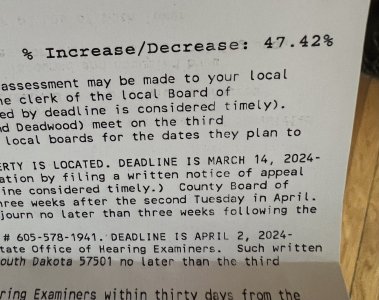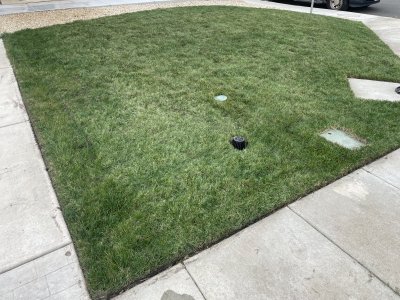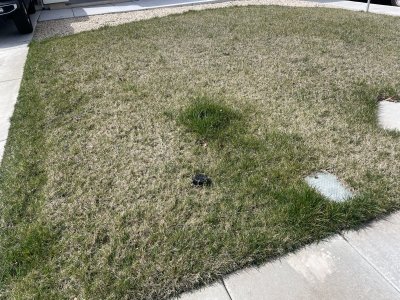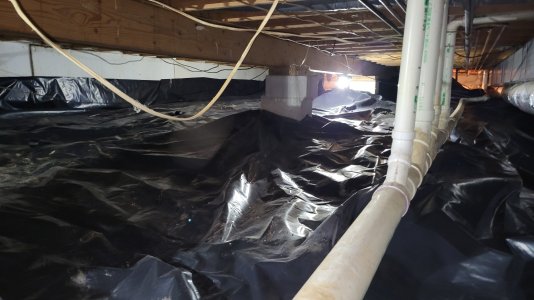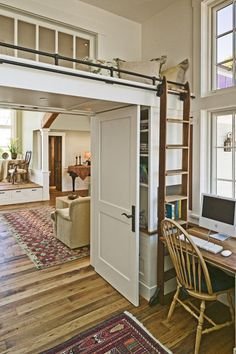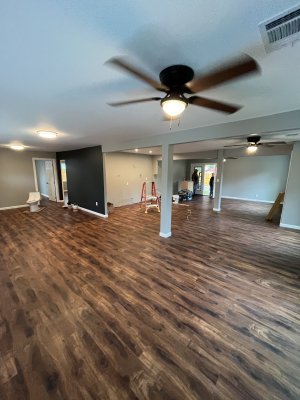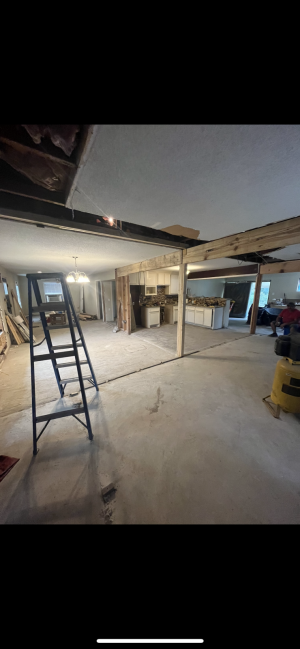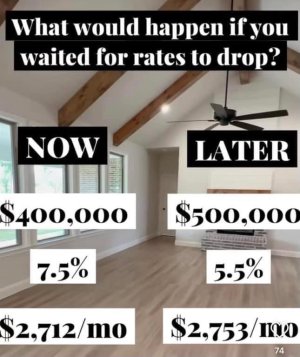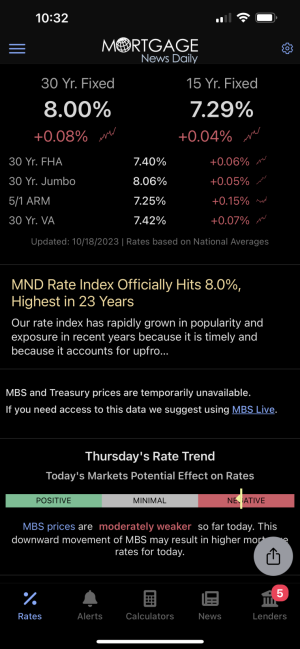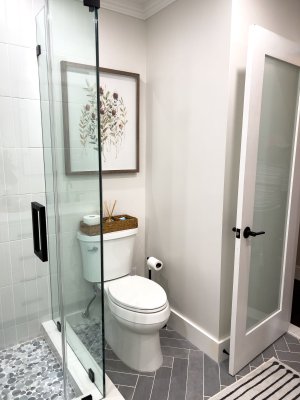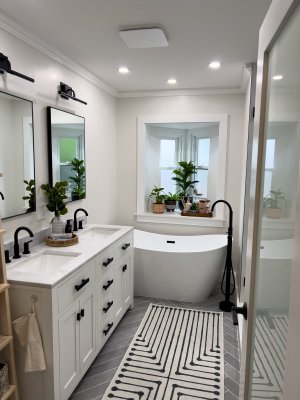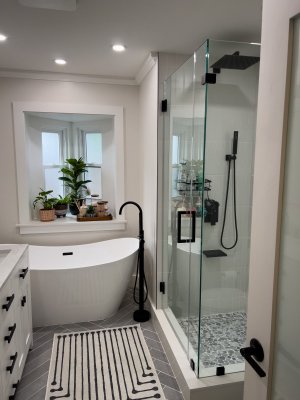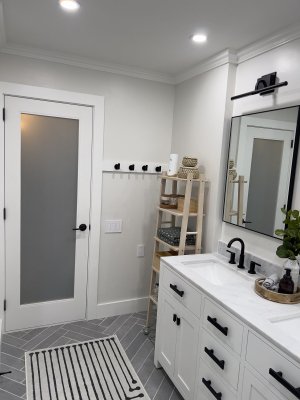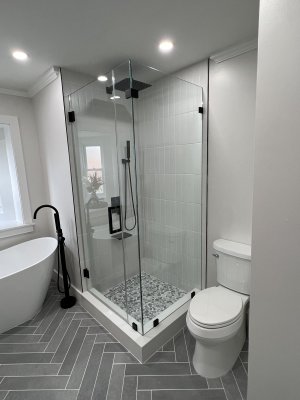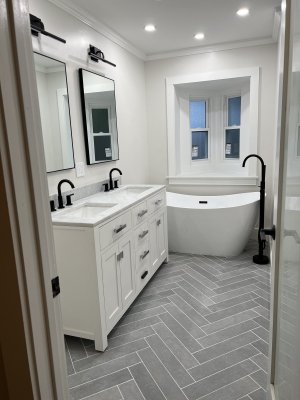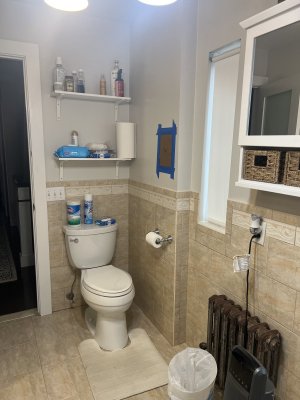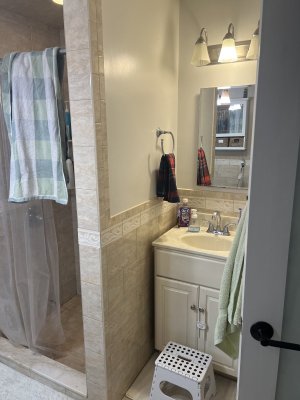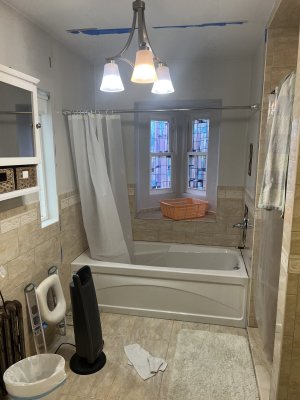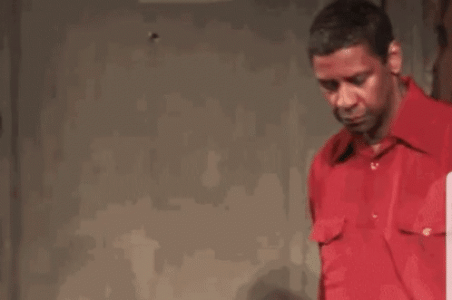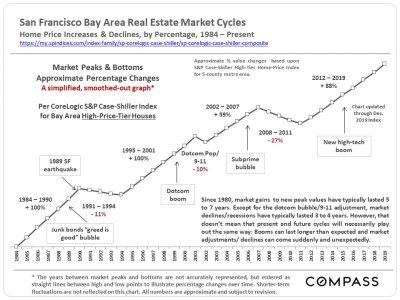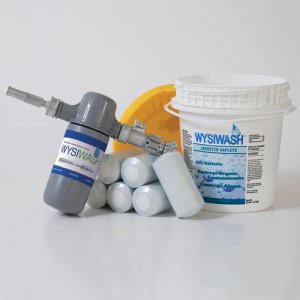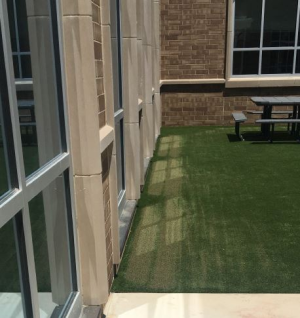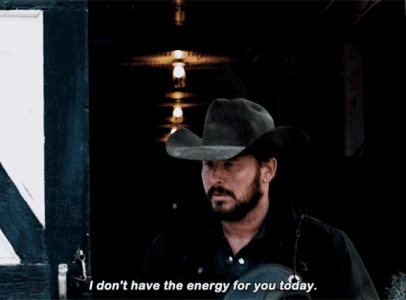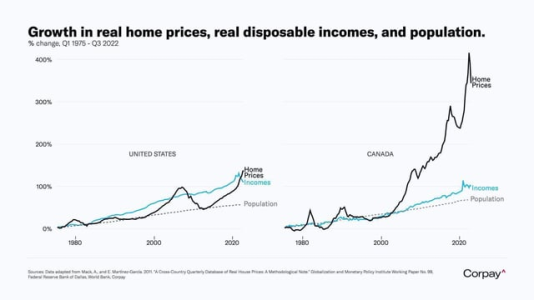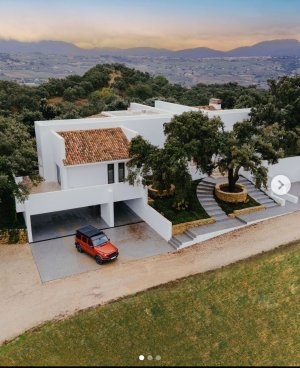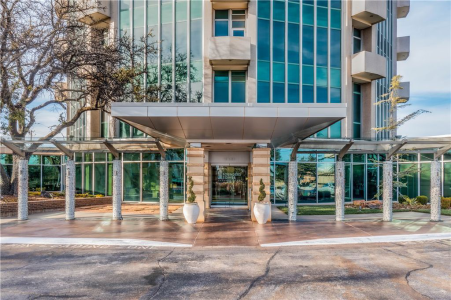- 3,223
- 2,309
- Joined
- Mar 27, 2005
Wow, didn't realize this thread existed.
I purchased my first home in October of 2011. Best decision I've made in my life.
I had it built to my specifications. Got to select all the options and everything. I was 24 at the time and learned a lot during the process. Put a 40% cash down payment on the home. The builder was DR Horton.
(Picture of model home which is identical to mine. Will upload picture of mine when I get a chance.)

I also purchased my first commercial property in February 2015. Put a 25% cash down payment. I have to say the loan process was easier than purchasing my home back in 2011. I had a tenant lined up and in place at the time of the closing and have been collecting rent since. Also have a share in the business, where I get a piece of the profit since the tenant was short on capital. Win win situation. Only downfall is it's too far. I'm not too involved in the day to day operations, which bothers me because this has been my biggest investment to date and I need to know what's going on. I put it back on the market 2 months after purchase for $1.145M. Have a contract pending.
And finally, I purchased my first rental property this past weekend at a private auction. Comes with 2 lots. First lot comes with 2 homes. First home is 500 Sq ft and the back home is 600 Sq ft. The second lot is empty which is also buildable. Plan on building a home on it in the near future and renting it out as well. Haven't closed yet. Still in the process of doing a title search and preparing closing documents. I have 45 days to close in case I needed to finance, but since I'm paying cash I'm looking to close before August 1st, since I have tenants lined up for both homes. Both homes need minor cosmetic work.

I purchased my first home in October of 2011. Best decision I've made in my life.
I had it built to my specifications. Got to select all the options and everything. I was 24 at the time and learned a lot during the process. Put a 40% cash down payment on the home. The builder was DR Horton.
(Picture of model home which is identical to mine. Will upload picture of mine when I get a chance.)
I also purchased my first commercial property in February 2015. Put a 25% cash down payment. I have to say the loan process was easier than purchasing my home back in 2011. I had a tenant lined up and in place at the time of the closing and have been collecting rent since. Also have a share in the business, where I get a piece of the profit since the tenant was short on capital. Win win situation. Only downfall is it's too far. I'm not too involved in the day to day operations, which bothers me because this has been my biggest investment to date and I need to know what's going on. I put it back on the market 2 months after purchase for $1.145M. Have a contract pending.
And finally, I purchased my first rental property this past weekend at a private auction. Comes with 2 lots. First lot comes with 2 homes. First home is 500 Sq ft and the back home is 600 Sq ft. The second lot is empty which is also buildable. Plan on building a home on it in the near future and renting it out as well. Haven't closed yet. Still in the process of doing a title search and preparing closing documents. I have 45 days to close in case I needed to finance, but since I'm paying cash I'm looking to close before August 1st, since I have tenants lined up for both homes. Both homes need minor cosmetic work.



